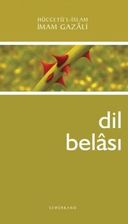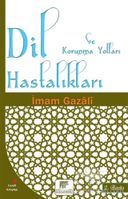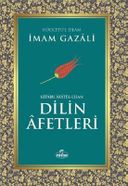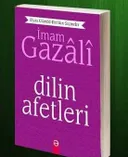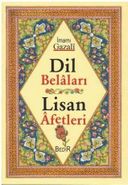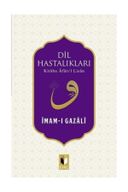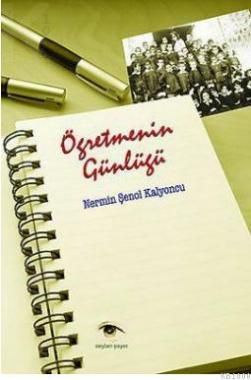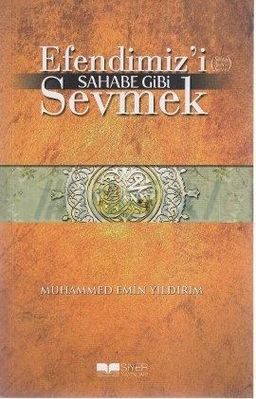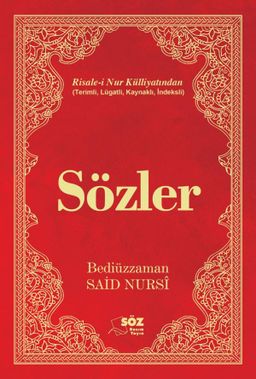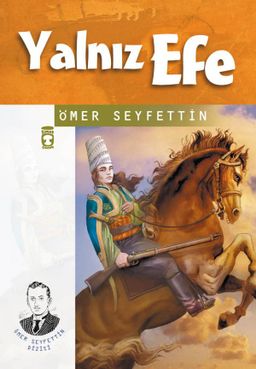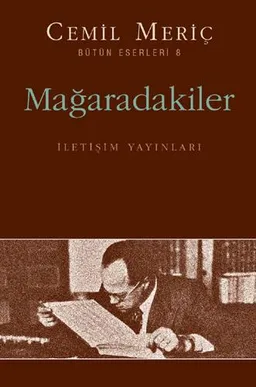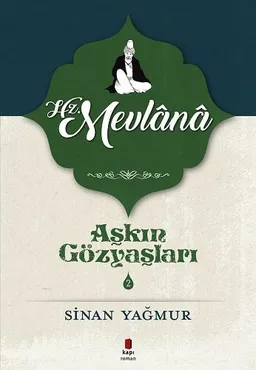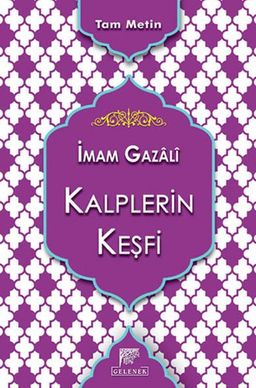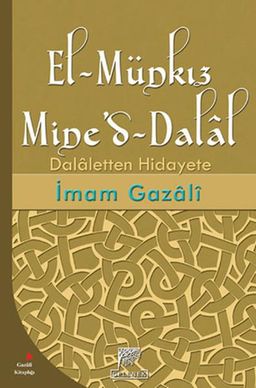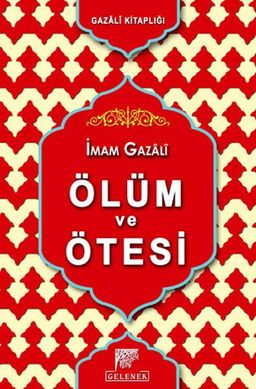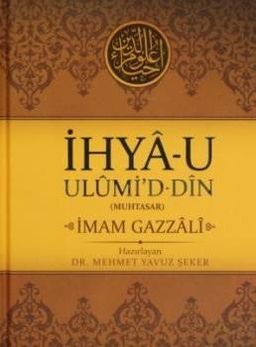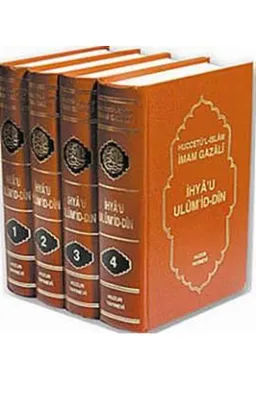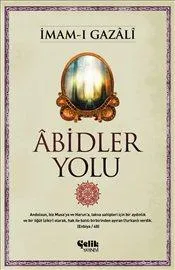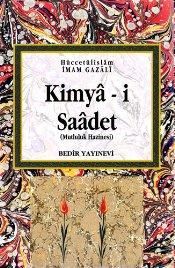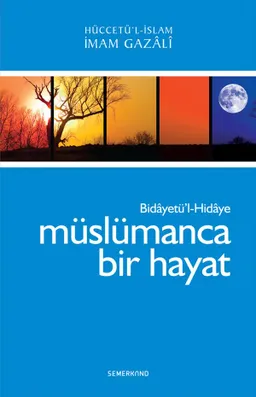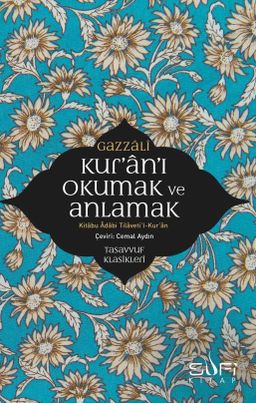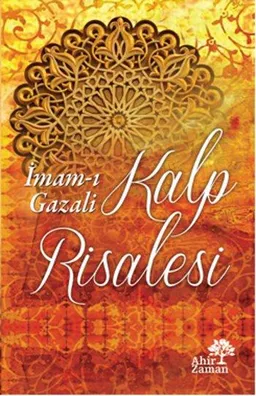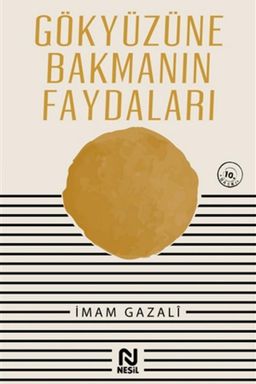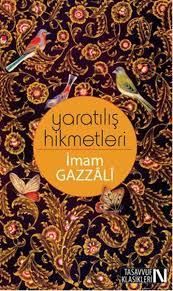About Dilin Afetleri
Dilin Afetleri subject, statistics, prices and more here.About
This text has been automatically translated from Turkish. Show Original
Language is one of the artistic wonders created by Allah Almighty. Because although it is small in terms of volume, it is greater than all other organs of the body in terms of its functions. The work areas of other bodies are limited. For example, the eye only sees colors and shapes; the ear hears only sounds; the hand only touches the substance. Language, on the other hand, can deal with all material and spiritual beings and all things that fall within the fields of science, imagination and imagination. He can voice them rightly or wrongly, accepting or rejecting them. Belief and disbelief, which cause a person's eternal happiness or disaster, are also confirmed by the confession of the tongue. Because of this feature, the tongue can cause infinite good and infinite evil. A person who controls his tongue according to the standards of Sharia and limits it only to words that benefit him in this world and the hereafter will attain salvation. A person who leaves it indifferent and uncontrolled will suffer trouble and calamity in this world and the hereafter. Such a language becomes the voice of the devil and becomes a tool of destruction worse than a bomb.
Author: İmam Gazali
Türler:
Estimated Reading Time: 7 hrs. 2 min.Page Number: 248Publication Date: 2016Publisher: Çelik YayıneviISBN: 9786059844765Country: TürkiyeLanguage: TürkçeFormat: Karton kapak
Other Editions
Dil Belası
5.3k okunmaSemerkand Yayınları · March 2010 · 248 syf
Dilin Afetleri
1,194 okunmaÇelik Yayınevi · 2016 · 248 syf
Dil Hastalıkları ve Korunma Yolları
234 okunmaEverest Yayınları · December 2016 · 216 syf
Dil Belası
205 okunmaSemerkand Yayınları · 2013 · 248 syf
Dilimize Nasıl Sahip Çıkabiliriz
91 okunmaPolen Yayınla · 2015 · 126 syf
Kitabu Afati'l-Lisan Dilin Afetleri
88 okunmaRavza Yayınevi · 2018 · 238 syf
Dilin Afetleri
74 okunmaProf Kitap · · 0 syf
Dil Belaları Lisan Afetleri
69 okunmaBedir Yayınları · 2007 · 188 syf
Dilin Afetleri
49 okunmaYasin Yayınevi · 25 November 2016 · 296 syf
Dilin Afetleri
45 okunmaİtisam Yayıncılık · 2020 · 194 syf
Dil Hastalıkları
34 okunmaEhil Yayınları · 16 March 2017 · 216 syf
Dil Belası
18 okunmaSemerkand Yayıncılık · 13 October 2022 · 270 syf
Dilin Afetlerinden Korunmak
2 okunmaPolen Yayınları · 2005 · 143 syf
Book Statistics
All statistics
Statistics of this edition
Reader Profile of the Book
Kadın% 76.1
Erkek% 23.9
0-12 Yaş
13-17 Yaş
18-24 Yaş
25-34 Yaş
35-44 Yaş
45-54 Yaş
55-64 Yaş
65+ Yaş
About the Author
İmam GazaliYazar · 302 books
This text has been automatically translated from Turkish. Show Original
Gazzâlî (Persian: الغزّالی) (b. 1058, Tus - d. 18 December 1111, Tus), Islamic scholar, philosopher, mystic and professor of the Great Seljuk State period. The nicknames of Gazzâlî, who is thought to be of Persian origin, are Hüccetü'l-İslâm and Zeynüddîn. He is generally known by the names Gazzâlî and İmam-ı Gazzâlî.
Ghazali was born in Tus, Khorasan, in 450 Hijri (1058 Gregorian). He received his primary education from Ahmed bin Muhammed er-Razikânî in Tus, then he went to the city of Curcan and received education from Ebû Nasr el-İsmailî, and then he studied at Nishapur Nizamiye Madrasa until the age of 28. As a theological thought, he was educated by Ebu Nasr al-Ismaili. He was influenced by Hasan Ash'ari and Shafi'i in terms of practical views. When his teacher Abdülmelik el-Cüveynî, nicknamed Imam-ı Harameyn, died in 1085, he went to Nishapur to the vizier of the Great Seljuk State, Nizamülmülk. Proving his superiority over other scholars with the answers he gave in a meeting in the presence of Nizam al-Mulk, he was appointed as the chief professor of the Nizamiye Madrasa in Baghdad in 1091. Here, he quickly gained fame and respect with his knowledge and the student community he acquired. He turned to Sufism and concentrated on this field under the influence of Ebû Alî Farmedî. With this interest and his desire for pilgrimage, he left his duty at the madrasah, left Baghdad in 1095 and went to Damascus. After staying in Damascus for two years, he went on pilgrimage in 1097.
After the pilgrimage, he returned to Damascus and from there he went to Tus via Baghdad. During his stay in Damascus and Tus, he lived a private life and progressed in the field of Sufism. Eleven years after his departure from Baghdad, in 1106, upon the request of Nizamülmülk's son Fahrülmülk, he started to give education again in Nishapur Nizamiye Madrasa. After a short time, he returned to Tus and lived a Sufi life with his disciples in the lodge he had built. Ghazali died in 1111 (Hijri 505) in his birthplace, Tus, Iran.
During the time when Ghazali lived, there was a great political and intellectual chaos in the Islamic world. Although the power of the Abbasid caliphs in Baghdad was weakening, the borders of the Great Seljuk State were expanding and its influence was increasing. Melikşah's vizier, Nizamülmülk, was gaining victories in the battlefields and opening discussion environments called scientific assemblies and madrasahs. During this period, the Shiite-Fatimid dynasty was on the throne of Egypt. In Europe, the Andalusian Umayyad State was in decline.
The first Crusade was also carried out during the reign of Gazzali. When Gazzali was 40 years old, Antakya was besieged by the crusaders and a year later Jerusalem was captured. Hasan Sabbah and Ömer Hayyam are also well-known people who lived in the same age as Gazzali. An intellectual collapse completed this confusion in the Islamic world.
Ghazali's curiosity for learning caused him to research many religious and intellectual movements. He saw that during his time, people who wanted to find the truth were divided into four groups, and each of them sought the truth in their own way. These; philosophers, theologians, Sufis, esotericists. By examining all of their opinions; He criticized theology, philosophy and the path of Batinism in detail in his books and turned to Sufism, the path of the Sufis, and sought the truth on this path.
Books
Dil Belası
9.4/10
Kalplerin Keşfi
9.4/10
El-Münkız Mine'd-Dalal Dalale...
9.3/10
Ey Oğul
9.4/10
Ölüm ve Ötesi
9/10
İhya-u Ulumi'd-Din (Muhtasar )
9.5/10
İhyâ-u Ulumi'd-Din (4 Cilt Tak...
9.5/10
Abidler Yolu
9.2/10
Kimyâ-i Saâdet (Cilt 1 - 2)
9.2/10
Müslümanca Bir Hayat
9.3/10
Kur'an'ı Okumak ve Anlamak
9.4/10
Kalp Risalesi
9.4/10
Gökyüzüne Bakmanın Faydaları
9/10
Yaratılış Hikmetleri
8.8/10
Mişkatu'l Envar Nurlar Alemi
9.2/10
